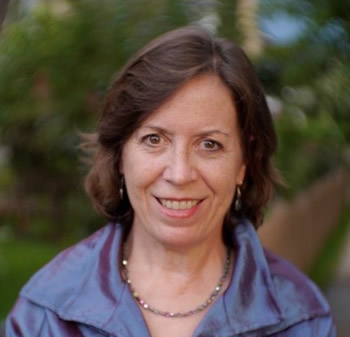The Yin & Yang of Being & Doing in Therapy
The zen master slapped the fan into his palm, “How do you experience this sound?” It was 1982 and it was my first koan in my first zazen. I was way out of my depth here, and I really wanted to have the right answer. “In my mind?” I asked. Sensei only grunted, and slapped the fan again: “How do you experience this sound?”
Distinct traditions encourage the appreciation of fundamental goodness, or “innate enlightenment”— as the Founder of aikido puts it. For those of us in the helping field, we daily face a dilemma, from this perspective of innate enlightenment: on the one hand we aim to recognize and reflect the client’s essential wholeness, and on the other we recognize that the client is asking for a change of some kind, some improvement.
Inside Shame Transformation: Shame’s Impact
Shame distorts our judgment about the world, others, and especially about ourselves. It forms a harbor for self-doubt and anxiety and/or rumination around that doubting. Attempting to move forward to accomplish something, regardless of how badly it may be desired, calls forward an army of self-doubt or a cascade of depressive and freeze-like neuro-signaling.
Inside Shame Transformation: The Blame Game
I remember, not too long ago, experiencing what I call the blame game and its potential to capsize my therapeutic relationship with a client. Each Alchemy of Shame Transformation (AST) Model session lasts 75 minutes. Although integration happens throughout the session, the last 10 or 15 minutes are reserved for cognitive integration of the experience; clients are encouraged to devote a special journal or notebook to capture the tools we harnessed from the session.
The Handbook of Body Psychotherapy and Somatic Psychology: A Day Long Celebration
“Failure informs me,” William Cornell said. “You can’t learn if you’re not disturbed.” With 45 years in the field, William certainly understands the importance of noticing what excites you and what disturbs you—these are your learning edge, your leading edge, he said.
The Handbook of Body Psychotherapy and Somatic Psychology: A Day Long Celebration
In today's cultural climate, it's essential to appreciate that people live in systems of oppression. We need to ask ourselves: What is it like to live within that system, a system that is not going away? How do you leave therapy and go back to that prejudicial system? How do you work with the internalization of oppression on part of the self?
The Handbook of Body Psychotherapy and Somatic Psychology: A Day Long Celebration
How the latest research in epigenetics, neuroscience, polyvagal and attachment theories are making somatic psychology and body psychotherapy foundational for effective clinical practice, according to Dr Marti Glenn.
The Handbook of Body Psychotherapy and Somatic Psychology: A Day Long Celebration
Medical trauma in patients and providers: interpersonal neurobiology and the autonomic nervous system with Jacqueline Carleton, PhD
The Handbook of Body Psychotherapy and Somatic Psychology: A Day Long Celebration
Current state of body psychotherapy research and contemporary somatic psychotherapeutic practices with Ilse Schmidt-Zimmerman.
The Handbook of Body Psychotherapy and Somatic Psychology: A Day LongCelebration
Post-modern challenges to embodiment and human vitality: a view from the street and the therapy room with Gustl Marlock













